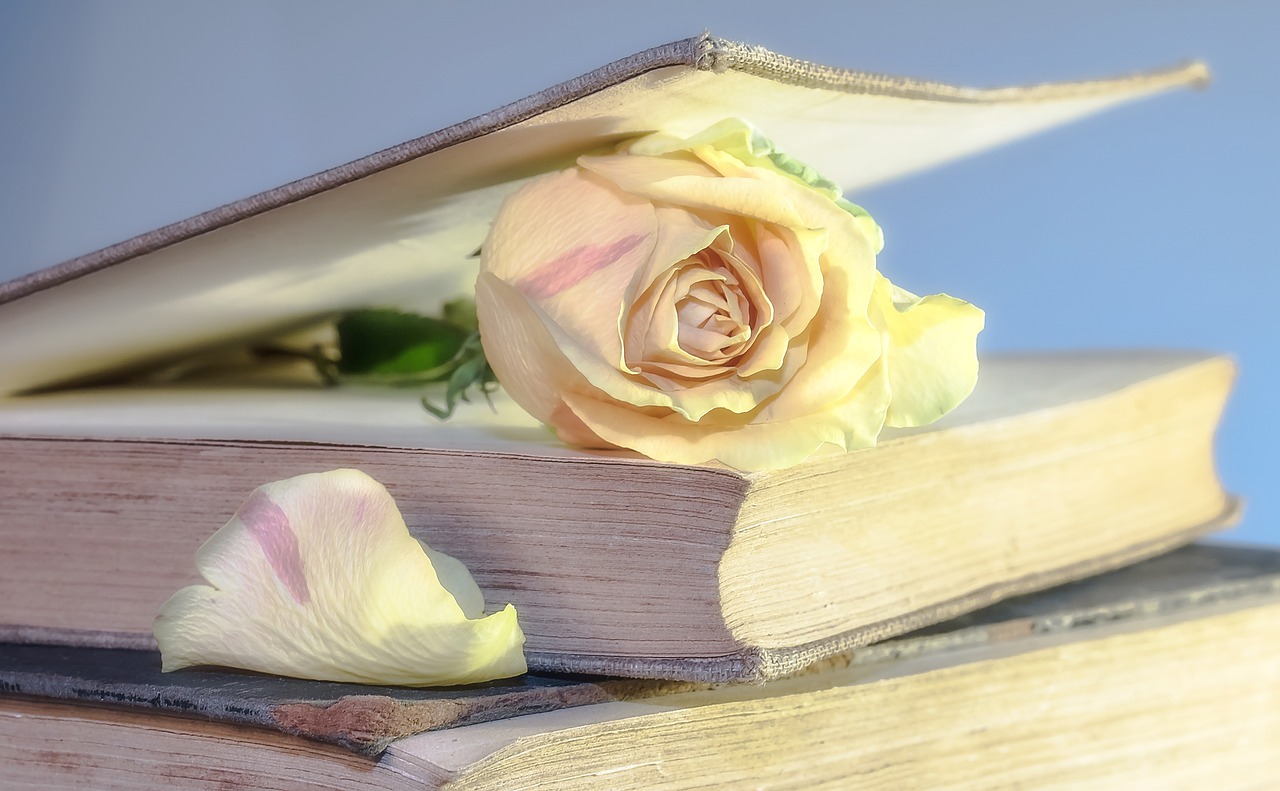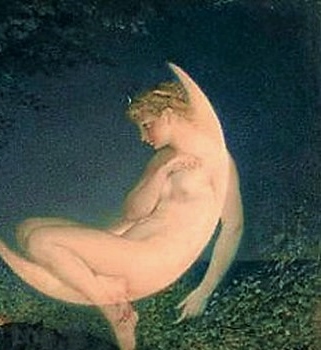Poems from Charles Baudelaires Collection of Poetry Les Fleurs du mal/5
With his understanding of poetry, Charles Baudelaire stands on the „night side“ of life in a double sense: he is a social outsider and draws on the world of dreams and visions for expression in his poetry.
The „Idea of Utility“ as a Contrast to the „Idea of Beauty“
As outlined in the previous parts of this series, the title of Baudelaire’s collection of poems can be interpreted in many different ways. Thus, Baudelaire’s poetic flowers can also arise from a pain that triggers to a longing for a more perfect world.
However, if we regard the Fleurs du mal as „flowers of evil“, this can also refer to those who those who reject the corresponding type of poetry. The Fleurs du mal would then only be „evil“ in the sense that they are considered morally reprehensible by certain people.
This group of people are those who subordinate their thoughts and actions entirely to the prevailing „idea of utility“. In their eyes, therefore, everything that does not bring concrete, especially economic, benefits appears to be superfluous.
From this perspective, art is not simply worthless. Rather, by generating its own meaning instead of aiming at an economic value beyond itself, it fundamentally questions the utilitarian economic and social model. Accordingly, Baudelaire emphasises that hardly anything is as hostile to the „idea of beauty“ as the „idea of utility“.
The Outsider Position of the Poet in Bourgeois Society
In a utilitarian society, the poet is necessarily an outsider. He lives on the „night side“ of society. However, this is not only to be understood in a social sense. In Baudelaire’s case, it also corresponds to a deliberately different approach to reality, in which the inner world with its utopian-visionary power plays a greater role. In this context, Baudelaire repeatedly quotes Poe, who dedicated his prose poem Eureka (1848) to those who „put faith in dreams as the only realities“.
A poem that can be directly related to this quote is Tristesses de la lune (Sadness of the Moon). In French, the moon has a feminine gender and can therefore easily be personified as a goddess. Thus, „she“ is shown in a secret connection with the poet who, like her, is at home on the night side of life. This can be related to the poet’s position as an outsider in bourgeois society, but also to his different mental coordinate system, in which dreams, imagination and intuition have a greater significance than in the rational economic world.
Moon Melancholy
Silently sinking into languid dreams, the moon goddess
is lounging around on her cushions of stars,
like a strange beauty who absent-mindedly
is stroking her breasts in her sleep.
Carried by wings as soft as avalanches,
she indulges in deep faintness
and voyages through her nocturnal visions,
which exhale themselves like blossoms into space.
And sometimes from her weary yearning
a fleeting pearl of tears drips down.
Then a compassionate sleep-despiser, a poet,
salvages this shard of stars
with the dream-filled sparkle – and lays it,
far from the gaze of the sun, into his heart.
Charles Baudelaire: Tristesses de la lune from: Les Fleurs du mal (The Flowers of Evil; 1857), p. 188. Paris 1868 (Œuvres complètes / Complete works, vol. 1)
Musical setting:
Régis Flécheau (vocals: Nicolas Gabet):
Quotation: Charles Baudelaire: Notes nouvelles sur Edgar [Allan] Poe (New notes on Edgar Allan Poe; 1857) Preface to Poe, Edgar [Allan]: Nouvelles histoires extraordinaires (New extraordinary stories) [19 pages in four sections]; here: section 3. Paris 1884: Quantin.
Picture: Victor Florence Pollet (1811 – 1883): Selene and Endymion (between 1850 and 1860; detail); Wikimedia Commons


Hinterlasse einen Kommentar